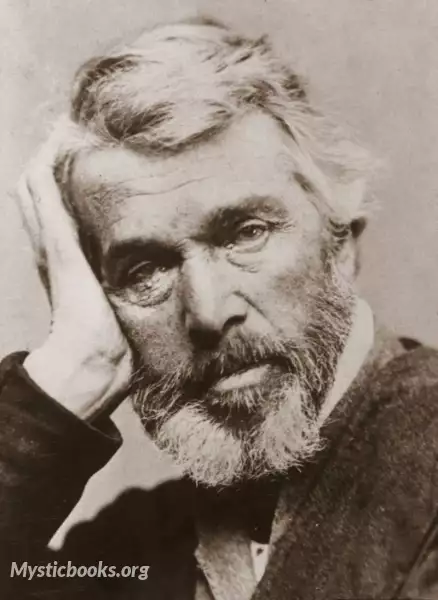
Timeline
Title
Country/Nationality
Thomas Carlyle
Thomas Carlyle was a Scottish cultural critic, essayist, historian, lecturer, mathematician, philosopher and translator. Known as the Sage of Chelsea, he became "the undoubted head of English letters" in the 19th century.
Carlyle's works amount to thirty volumes, most of which are in the genres of history and the critical essay. His distinctive style, called Carlylese, is rich in vocabulary, humor and allusion; his writing has been described as proto-postmodern. His early essays and translations almost single-handedly introduced German Romanticism to the English-speaking world. In his histories, Carlyle drew lessons from the past in order to impart wisdom about the present, using contrast to illuminate problems as well as solutions. He championed the Captain of Industry (a term he coined) and such figures as Oliver Cromwell and Frederick the Great, writing that "Universal History, the history of what man has accomplished in this world, is at bottom the History of the Great men who have worked here." He rejected materialism and utilitarianism, referring to economics as "the dismal science".
Thomas Carlyle was born to Janet (née Aitken) and James Carlyle on 4 December 1795 at Ecclefechan in Annandale, the eldest of nine children. His father was a stonemason and a member of the Burgher secession Presbyterian church. In 1791, he and his two brothers built the home in which Carlyle was born. His parents determinedly afforded him an education at Annan Academy, Annan, where he was bullied and tormented so much that he left after three years. In early life, he was powerfully influenced by the strong Calvinist beliefs prevalent in his family and his nation. After attending the University of Edinburgh, Carlyle became a mathematics teacher, first in Annan and then in Kirkcaldy, where he became close friends with the mystic Edward Irving.
Thomas Carlyle is notable both for his continuation of older traditions of the Tory satirists of the 18th century in England and for forging a new tradition of Victorian era criticism of progress known as sage writing. Sartor Resartus can be seen both as an extension of the chaotic, sceptical satires of Jonathan Swift and Laurence Sterne and as an enunciation of a new point of view on values. Carlyle is also important for helping to introduce German Romantic literature to Britain. Although Samuel Taylor Coleridge had also been a proponent of Schiller, Carlyle's efforts on behalf of Schiller and Goethe would bear fruit.
Books by Thomas Carlyle
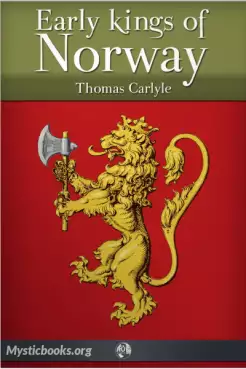
Early Kings of Norway
"The Icelanders, in their long winter, had a great habit of writing; and were, and still are, excellent in penmanship. It is to this fact, that any little history there is of the Norse Kings and their old tragedies, crimes and heroisms, is almost all...
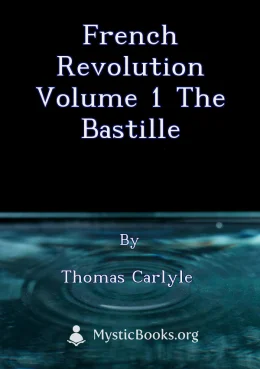
French Revolution Volume 1 the Bastille
Thomas Carlyle's "The French Revolution: A History" is a comprehensive three-volume work that chronicles the course of the French Revolution from 1789 to 1795. Volume 1, titled "The Bastille," focuses on the events leading up to and including the sto...
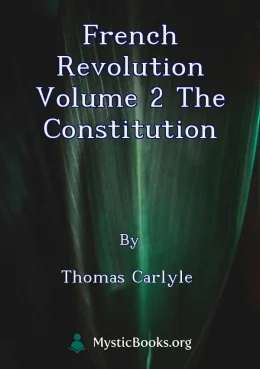
French Revolution Volume 2 The Constitution
This book, written by the Scottish essayist, philosopher, and historian Thomas Carlyle, is a comprehensive three-volume work that chronicles the course of the French Revolution from 1789 to 1795. Drawing from a wide range of sources, Carlyle's histor...
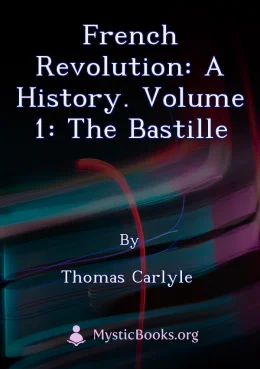
French Revolution: A History. Volume 1: The Bastille
Volume 1 of Thomas Carlyle's three-volume "The French Revolution: A History" covers the events of the French Revolution up to the forced move of Louis XVI from Versailles to Paris. Carlyle's idiosyncratic yet famous present-tense, quasi-firsthand nar...
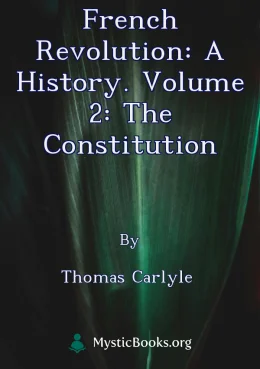
French Revolution: A History. Volume 2: The Constitution
This volume of Carlyle's comprehensive work chronicles the tumultuous period following the French Revolution's initial phase. It delves into the efforts to establish a constitutional monarchy, examining the political maneuverings, societal unrest, an...
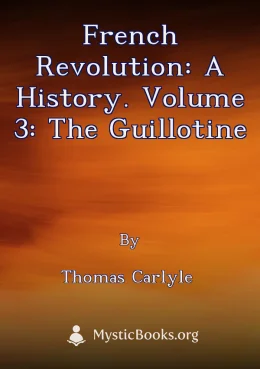
French Revolution: A History. Volume 3: The Guillotine
Thomas Carlyle's third and final volume of his history of the French Revolution covers the period known as the Terror, a time of great violence and upheaval. Carlyle's account is both dramatic and compassionate, and he spares us none of the drama of...